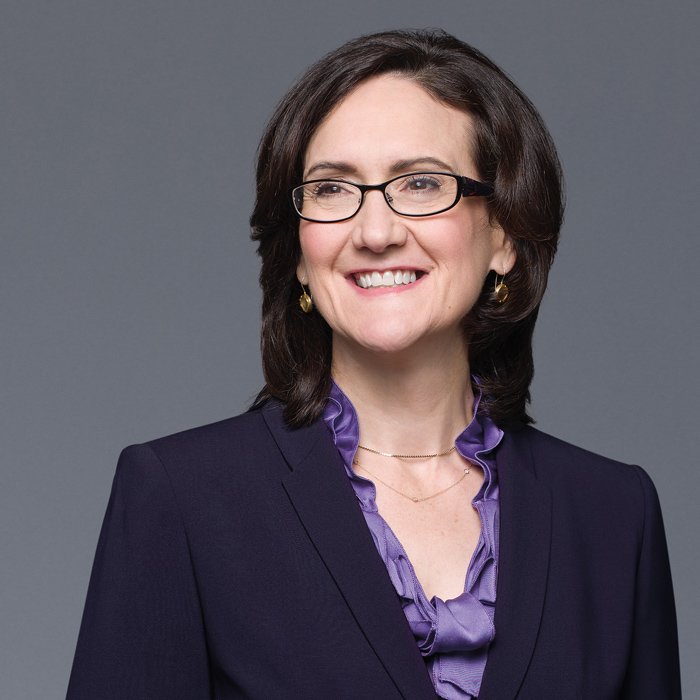
Community Leadership
Development Program
Overview
I offer experiential workshops to introduce leaders to the distinctions and principles of belonging that make teams, colleagues and communities more resilient and engaged.
Through the Leadership Development Program, individuals participate in the Community Leadership Course, a series of experiential workshops that engage leaders in the principles of belonging and community building. Leaders are then supported by practice support groups as they apply these community principles within their own organizations.
Building upon my work and expertise in helping organizations create cultures of belonging, the Leadership Development Program distills and translates wisdom used over three thousand years by enduring spiritual traditions — and are the same tools I use with Google for worldwide manager development.
Why now?
The Covid pandemic era has surfaced levels of emotional crisis that indicate formerly fast-paced and high-performance cultures cannot survive with current high rates of isolation, burnout, exhaustion, and loneliness. Executives who had never expressed interest in resources on building social support now recognize that there is a desperate need to help employees grow in their resilience and psychological safety in this new context.
what the research shows
As the author of three books on community building, I have extensively researched the need for organizations to develop cultures of belonging.
Recent studies published by the Harvard Business Review and faculty at the Yale School of Management have provided key evidence in favor of creating authentic personal connections in the workplace:
The more people are exhausted, the lonelier they feel. More human connection at work may be critical to addressing widespread burnout. (1)
Lonely people disengage, leading to almost 37% higher absenteeism and 49% more accidents. (2)
Positive social relationships with coworkers may be the most important factor in work happiness. Having friends at work makes us far more productive. (3)
High-performing teams are more likely to form genuine connections, convey appreciation, and express authentic emotions with their colleagues—forming relationships that lead to better teamwork and performance. (4)
(1) Emma Seppälä and Marissa King, “Burnout at Work Isn’t Just about Exhaustion. It’s Also about Loneliness,” Harvard Business Review, June 2016.
(2) Emma Seppälä and Marissa King, “Burnout”
(3) David Burkus, “Work Friends Make Us More Productive (Except When They Stress Us Out),” Harvard Business Review, May 2017.
(4) Ron Friedman, “5 Things High-Performing Teams Do Differently,” Harvard Business Review, October 2021.
What you will gain
For leaders, there is a key opportunity to invest in new ways for connection and community, creating a company culture where your employees feel safe and supported enough to take care of themselves no matter the work challenges at hand.
With such a culture in place, employees will be more likely to take professional risks, communicate openly, choose to stay at the company because their professional accomplishments and contributions will be valued, and recognize that their employer appreciates and acknowledges the families supporting employees.
In an experiential three-day course on building community, participants will engage in the principles and distinctions of community and gain a powerful framework for recognizing and creating a culture of community connectedness, cooperation, and mutual support.
You will:
Experience and understand time-tested principles and distinctions that progress life toward community and belonging
Make present the possibilities of growing friendships, authentic communication, and emotional safety with the people important to you and your employees
Create a more connected future
testimonials
“Charles’ work is powerfully insightful and by far the most practical guide to building authentic community we’ve found. We’re excited to invest the shared wisdom into practices that drive employee health and wellbeing worldwide!”
— NEWTON CHENG, DIRECTOR, GLOBAL HEALTH & PERFORMANCE, GOOGLE
“With a simplicity and elegance that doesn’t over-simplify, Vogl lays out principles for re-educating ourselves on how to create community that is both inclusive and deep. He will change how you invite people into community, he will change how you talk to each other, and he will change what you understand the purpose of community to be. An excellent writer and speaker, Vogl is a natural teacher who connects to hearts and minds.”
— SALLY BLOUNT, PRESIDENT AND CEO, CATHOLIC CHARITIES OF THE ARCHDIOCESE OF CHICAGO; DEAN EMERITUS, NORTHWESTERN UNIVERSITY - KELLOGG SCHOOL OF MANAGEMENT
“Your work is extraordinary. You create wholly unexpected results that profoundly change the course of people's’ lives.”
— ALAN PRICE, FOUNDER, HARVARD BUSINESS SCHOOL GLOBAL LEADERSHIP INITIATIVE
The details
Community Leadership Course
The full Community Leadership Course consists of three full days of experiential workshops, plus shared meal times, in which participants experience the principles knitting them together into a stronger connection. The course’s signature curriculum consists of six workshops over three days, where participants will explore with one another how community distinctions and principles play a role in their own lives and how they can create stronger belonging for themselves and their community. In my experience, when these workshops take place in person, participants are able to experience the powerful connection that grows among themselves and are often deeply moved. See the signature curriculum below.
Workshop 1
Recognize Community
Distinguishing Community with Intention
Participants will learn to:
Distinguish community from group, list, crowd, and team
Recognize that a team can grow mutual concern beyond tasks
Boundary
Participants will learn to:
Recognize shared Values & Purpose within a community
Recognize who’s on the inside and invest
Workshop 2
Start Community Powerfully
Invitation
Participants will develop an understanding that:
Members want to see someone cares
Invitations work even when rejected
Connecting to Mission & Purpose
Participants will practice:
Articulating the big purpose and shift the emotional relationship to a team and project.
Inviting members to express enthusiasm for the bigger purpose
Workshop 3
Embolden Participants Inside
Intimate Experiences (Campfires)
Participants will:
Recognize the importance of intimate experience to create trust
Learn how to create intimate experiences
Acknowledgement & Recognition
Participants will:
Ensure members feel seen and recognized.
Recognize when acknowledgment is missing
Workshop 4
Make it Safe Enough
Vulnerability & Available Support
Participants will learn to:
Recognize the importance of sharing how we changed.
Recognize how to create a space for connection by sharing where we struggle
Avataring & Authentic Understanding
Participants will:
Learn to distinguish authentically recognizing someone apart from superficial presentation.
Contextualize every conversation and expectation
Workshop 5
Make Resilient Friendships
3 AM friends
Participants will experience:
Recognizing who we want to call us when they need help
Recognizing who we can call
Rituals & Tokens
Participants will:
Recognize where we can acknowledge someone has changed
Make together time special
Workshop 6
Integrate Community & Life
Recognize Opportunity
Participants will practice:
Stepping up in crisis
Embracing silence
Putting Community in Action
Participants will:
Acknowledge the people we care about
Invite and integrate communities together
Practice Support Group
To support participant growth and learning application after the Community Leadership Course has concluded, all course graduates will be invited to join a convenient support group led by highly trained facilitators with national experience in professional community building.
The extended support group is a resource to ensure and support meaningful change. For leaders, cohorts among same-level peers are often one of the most powerful aspects of growth and development. Leaders will have the opportunity to support one another in applying the distinctions and holding one another in friendly accountability, while having a space to address their own loneliness and disconnection. For teams, extended support groups create a safe space for participants to share their experiences implementing the topics and practices learned throughout each workshop. Participants will also have the opportunity to discuss the issues they or their teams have faced in crisis. The groups themselves can also become a resource to create needed community amongst participants.
Extended support groups will consist of 3-10 participants each and will meet by online gathering twice a month over the course of a six-month period. Gatherings will be scheduled as 90-minute formal sessions, though participants will be welcomed to extend the conversations beyond formal meetings.




